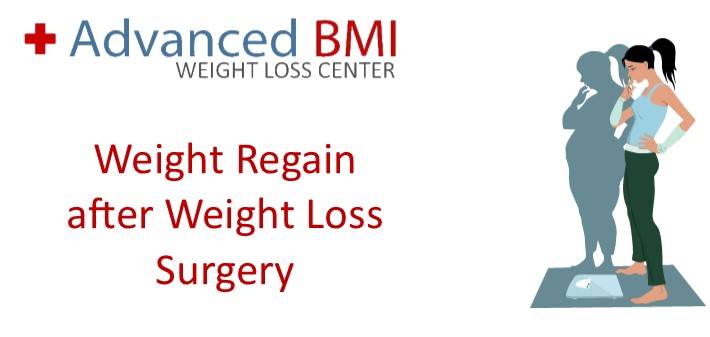Perhaps the worst thing that could happen to a patient who has undergone weight loss surgery is regaining the weight they lost after the surgery. Surgery usually gives very satisfactory results, but it is not uncommon for the weight to return. What are the reasons behind weight regain after weight loss surgery in some patients and how can it be prevented?
Why am I regaining weight?
There are several reasons that could be classified into three categories: behavioral, anatomic, or medical:
Behavioral: You are not sticking to the diet.
Most patients who undergo bariatric surgery have tried several diets before and have probably been yoyo dieting their entire lives. That means that they go on a diet, lose tons of weight, only to go back to their old habits and regain their lost weight.
Similarly, after surgery, many patients find themselves returning to their old habits of not keeping tabs on what they eat and indulging in all kinds of foods, especially those that are not recommended for them.
The problem is that some patients consider weight loss surgery to be a miracle solution. This is the most dangerous thing that you can do. Surgery is a tool which you can utilize to force yourself to change your lifestyle: that is the ultimate goal of bariatric surgery.
Anatomic: Problems with the surgery.
This is rare, but it could happen. A while after surgery, some difficulties may arise, especially with the gastric pouch in the case of the gastric band. There could be dilatation of the pouch which will allow more food to enter the stomach, and thus make you feel hungrier more often.
Medical issues that have surfaced after the surgery.
Several medical conditions could arise and that might lead to weight gain. These include pregnancy, thyroid problems, kidney or heart problems, or if you are taking new medications.
In any case, the most qualified person to help you regain control over your weight is your doctor or medical adviser. As soon as you feel like you are starting to put on pounds again, start keeping a food journal and make an appointment with your doctor. The more details about your lifestyle you give him or her, the more he or she will be able to determine the origin of the problem and advise you on corrective actions.









